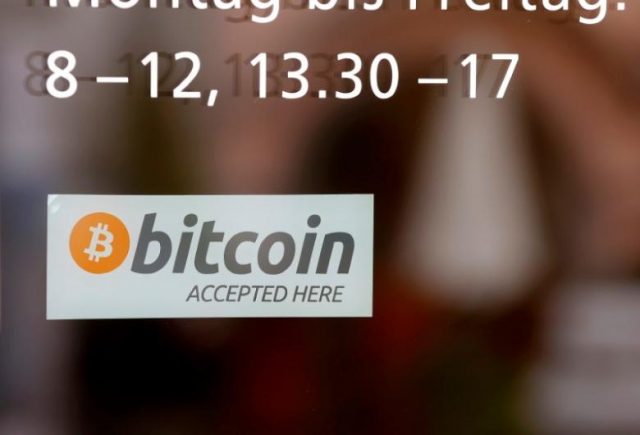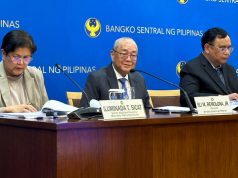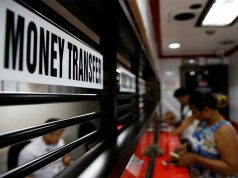
MANILA – Twelve entities are awaiting the Bangko Sentral ng Pilipinas’ (BSP) approval to operate as Bitcoin exchange, as virtual currency (VC) transactions in the country continue to rise, with the average in the first half of 2017 reaching USD8.8 million a month.
In a briefing Wednesday, Melchor Plabasan, Deputy Director and Head of Core Information Technology Specialist Group, said approval of the applications of these entities is taking some time because of a two-tiered process – first, the evaluation of the business model; and second, the completion of documentary requirements. “But a lot of the applications are progressing now,” he said.
Plabasan said these entities are incorporated in the country but are mostly owned by foreigners.
“Basically, they are considered as fintech (financial technology) players,” he said.
The central bank has approved the operation of two entities involved in Bitcoin exchange and these are considered as remittance companies and are required to meet rules on anti-money laundering, among others.
Plabasan said latest transaction data from these two companies, namely Rebittance and Bitour or Coins.ph, showed a big jump in VC transactions in the domestic economy, noting that these only amounted to USD2 million per month in 2015; then rising to USD6 million a month the following year.
VCs were introduced sometime in 2009 and most famous among these is Bitcoin, which remains unregulated since no central bank has ever issued it.
These are being used through online transactions to purchase virtual goods, such as online gaming environment and social networks, as well as real goods and services provided by retailers and restaurants, among others.
On Feb. 6, 2017, the central bank issued Circular No. 944 requiring companies that intend to transact VCs to register as remittance and transfer companies (RTCs).
Before this, the central bank issued a warning in March 2014, urging the public to be cautious in using VCs as they remain unregulated.
Plabasan stressed that VC transactions remain an unregulated activity, thus, “you can’t get any legal protection”.
He said the central bank continues to monitor VC transactions since other central banks had either banned or ordered the shutdown of exchanges for digital currencies.
He said the BSP had adopted the risk-based approach on VCs being implemented by the Financial Action Task Force (FATF) since these are targeted, decentralized, and cross-border.
“We do not endorse virtual currency as a currency because it is not a currency,” he said.
The BSP executive said VC companies are attracted to open business in the Philippines because of the large number of young people, the high penetration of social media platforms, the growing information technology and the business process outsourcing sectors and the large volume of remittance being sent home by Filipino workers overseas.
He said people are encouraged to tap VCs to remit money because the latest study shows that they save them on fees, with the cost placed at about 1 percent to 3 percent of the amount being sent as against the 8 percent to 12 percent on traditional channel.
He, however, stressed that VC transactions remain risky because of VCs’ volatility, the high chances of Bitcoin wallet value being stolen digitally, and transactions remain non-refutable.








